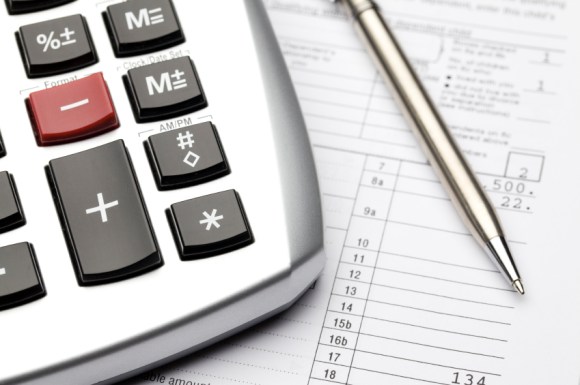At tax time, one of the forms that you might run into is the 1099 Form. The IRS uses this form to distinguish different types of income that may not come to you as part of a regular job. When you aren’t issued a W-2 for your income, chances are that you will be issued a 1099. Those who have paid you are responsible for issuing the 1099 as long as you made over $600.
You should keep your 1099 with your tax records and reconcile it with your own records. Additionally, realize that, even if you don’t receive a 1099 from a payer, you are still responsible for reporting the income to the IRS. Payers are supposed to send a copy of the 1099 to the IRS, so even if you are overlooked, there is a good chance that the IRS has a copy of the 1099. You should receive your 1099s by January 31. If you don’t receive your 1099s by then, you should call the payer and request it. In addition, if your 1099s are incorrect you should also request that the payer issue a corrected 1099. If they still do not correct the 1099, you should notify the IRS and also follow our instructions in “Missing Your W-2 Form, Corrected W-2s, and Multiple W-2s“.
Types of 1099s
The 1099 series of forms have different versions, each for a variety of purposes. The 1099-INT form is used to report interest income. Your bank or other financial institution might issue a 1099-INT form if you received interest income from a CD, or from a deposit account. If you have received debt forgiveness on a loan, this is considered income, and you will be issued a 1099-C. Income proceeds from real estate transactions make use of the 1099-S.
Several other 1099 forms exist for transactions such as Social Security benefits, distributions from cooperatives, government payments and more. However, one of the most common 1099 forms that you are likely to see is the 1099-MISC. This is the form that independent contractors receive from those who have paid them. If you work as a freelancer, you will receive a 1099-MISC form showing what you were paid. However, if a payer hasn’t paid you at least $600 in the past year, you might not get a 1099-MISC – but you still have to report your income. For a comprehensive list of types of 1099s, click on our “What is a 1099 Form?” blog post.
The New 1099-K
Of interest to many people right now is the new 1099-K form. This new form will be issued, starting with sales in 2011, by banks and other payment processors, to report gross receipts of payments. This includes payments received via PayPal. So, those who use PayPal, accept credit cards, and sell on eBay will have their income reported, officially by payment processors, to the IRS. We expect the IRS to move forward with the over $600 reporting threshold for 2023 and the upcoming filing season unless Congress passes a law to change the requirement.
It is worth noting, though, that not everyone in this situation will be hit with the new paperwork. If your total payment transactions are less than $20,000, and there are less than 200 transactions, they won’t have to be reported on the 1099-K. Technically, you should be reporting the income anyway, but this move is meant to help better enforce it.
Beware double reporting. You will need to make sure you have good records, though. Although the new reporting requirements shift the reporting responsibility from the customers to the merchants and banks, customers may not make the distinction and could report the same transactions twice. Also, realize that payment processors and other 1099-K reporters won’t subtract out charge-backs and fees – they only report gross receipts.
Instead of relying on 1099s for information about your income, you should keep good records. That way, if the IRS asks for information on the way you offset your income with expenses, or the double reporting issue, you have what you need to back up your position. As part of your due diligence, you should always keep a reconciled bank account for your business where you can track your income and expenses. In the end, you are responsible for paying your taxes based on what you were paid. If you underpay, the IRS will find out. If you overpay, the IRS may never know!

